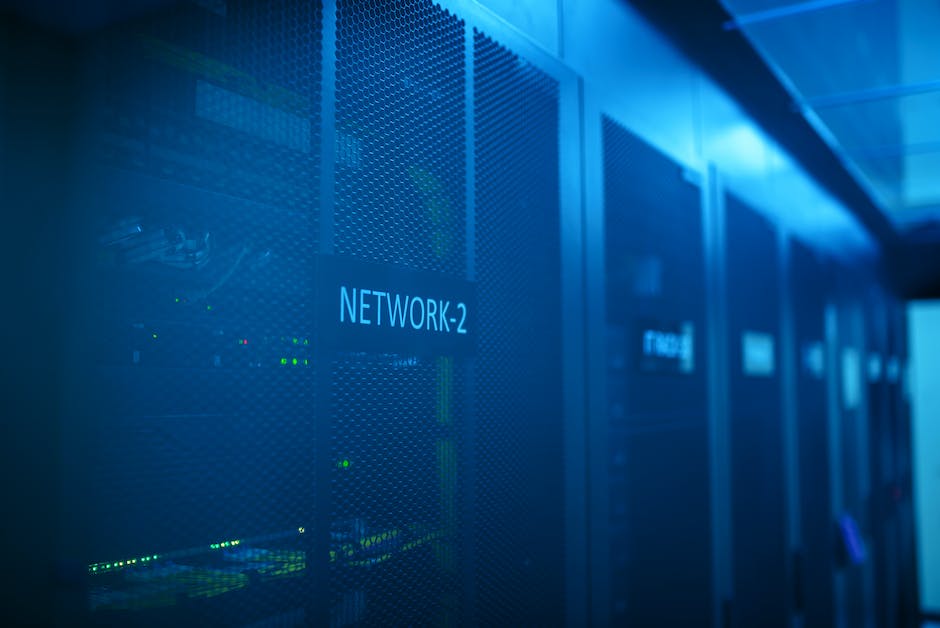We are currently living in the information era. Businesses want safe and dependable data management now more than ever. Businesses usually have two alternatives for third-party data storage and management: colocation, data center, and cloud storage. They provide organizations with options for storing data based on their individual needs, and each provider has its own set of features. So, let’s find out is private cloud same as colocation or not and what are data center options.
What is the difference between Cloud and Colocation?
Many people wonder about the difference between Cloud and Colocation. Everything is quite simple. Let’s take a closer look at each option.
The definition of Cloud Computing
Cloud computing is most commonly generated by a cloud platform provider with its own set of equipment and technology. These are based on distant servers that may be accessible by internet self-service. The cloud platform provider controls the requisite storage, servers, and networks; businesses just pay to use these services as needed.
What exactly is colocation?
Colocation is a space rental in a data center for your IT equipment. This is a smart move for businesses in the digital age. Colocation is a popular choice among businesses because it provides a place to store your computer equipment. It also has air conditioning, electricity, and protection to help you upgrade your IT system and reach customers all over the world.
There are three different types of colocation; they are:
- Retail colocation is when you rent space in a data center. It can be a whole rack, part of a rack, or your enclosed area.
- Wholesale colocation means searching for a space in a data center for less money than normal. The data center will give you less electricity and space than it would give someone who owns a store.
- Hybrid cloud colocation means putting your computer storage with storage you rent from the other company.
Colocation services can offer different ways to use the internet, including connecting directly to popular providers.
Colocation vs. Cloud
Companies can use both colocation and the cloud at the same time. Many companies use one or a combination of both and other technology tools. Cloud computing and colocation are different because they each handle and store data in different ways. The company that provides the cloud owns the computers, and information is taken care of from far away. Servers in colocation belong to the company that rents the place, not the colocation facility.
Data Center vs. Colocation
It is also important to know what is the difference between data center and colocation. You can find out more about this below.
What Exactly is a Data Centre?
A data center is a structure whose only function is to house IT hardware such as servers. An on-premises data center might be your servers in a closet or room that handles all of your IT needs and the necessities of extensive maintenance and day-to-day supervision. Your information is kept in a special place called a data center, no matter if you are utilizing colocation and cloud computing. Colocation means you own your servers, not the building they are kept in. Cloud computing means you rent servers from a building that belongs to someone else.
Data Centers VS Colocation
This is the easiest variant to choose. If your server room is small or expensive, commercial data centers can help you grow your IT infrastructure as your business grows. You can use the data center’s large size and ability to be environmentally friendly to help you reach your goals of being more sustainable.
A business data center can offer more than just a place to put computer equipment. Many will also provide extra services such as Remote Hands (for minor maintenance and troubleshooting), cybersecurity, and cloud infrastructure, transforming them into much more than just a facility. They may become a one-stop managed infrastructure supplier. Outsourcing these tasks allows you to focus on your business while knowing that your IT is in good hands.
Conclusion
Cloud providers give the advantage of storing and maintaining data for businesses, and the price of maintaining that data rises as the amount of data grows. More data equals more storage space and prices. Colocation incurs upfront hardware costs, but it is less expensive over time since firms look for places for servers and data storage items rather than data storage itself.

